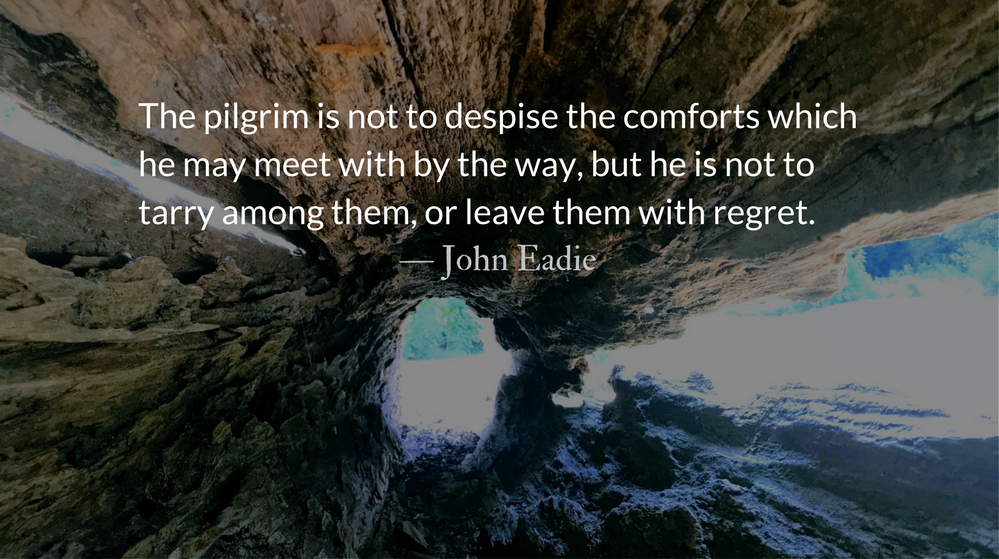Selected by reader, Godsbooklover, Fort Wayne, IN
I was quite taken by the idea that our obsession with pleasure is rooted in the sin of pride. For the believer, humility and gratitude are the antidote. Then every pleasure is a gift to enjoy, rather than an entitlement to judge.
Originally posted on October 13, 2017 with readings from 1 Kings 12 and Colossians 3.
Set your minds on things that are above, not on things that are on earth. — Colossians 3.2
Reflection: The Enemy of Pleasure :: Readers’ Choice
The Park Forum
Only when a person is not dependent on an object or experience for pleasure are they truly free to enjoy it. We know this, of course, because things we’ve built anticipation for regularly find a way of letting us down. On the other hand, things for which we have little—or low—expectations find ways of impressing us greatly.
In response, some people cultivate perpetually low expectations toward everything and everyone. It’s a compensatory mechanism in which they seek to avoid life’s disappointments and, if all goes well, find themselves “pleasantly surprised.” This soothes the symptoms, but leaves the cause to fester.
The problem is not in the objects and experiences themselves, but our dependence on them to cultivate joy and happiness. It is another manifestation of the root of pride—our desire to derive primary satisfaction, pleasure, and identity from our personal experiences and achievements.
“True humility,” says Timothy Keller, in summary of C.S. Lewis, “is not thinking less of yourself or thinking more of yourself; it’s thinking of yourself less.” When our lives take on a posture of humility it affects not just our relationships with others, but our relationships with the objects and pleasures of this world.
Do not imagine that if you meet a really humble man he will be what most people call “humble” nowadays: he will not be a sort of greasy, smarmy person, who is always telling you that, of course, he is nobody.
Probably all you will think about him is that he seemed a cheerful, intelligent chap who took a real interest in what you said to him.
If you do dislike him it will be because you feel a little envious of anyone who seems to enjoy life so easily. He will not be thinking about humility: he will not be thinking about himself at all. — C.S. Lewis
The Christian posture toward the objects and pleasures of the world is neither asceticism nor hedonism. Instead, our attention, passions, and desires have been so captured by the gospel that we are free to enjoy the many pleasures of this world without falling in love with them. Boasting in the cross makes us humble toward the world.
Prayer: The Morning Psalm
Let me announce the decree of the Lord: he said to me, “You are my Son; this day have I begotten you.
Ask of me, and I will give you the nations for your inheritance and the ends of the earth for your possession.”— Psalm 2.7-8
– Prayer from The Divine Hours: Prayers for Springtime by Phyllis Tickle.
Prayers from The Divine Hours available online and in print.
Today’s Readings
Jeremiah 42 (Listen – 3:44)
Psalm 18 (Listen – 5:47)
Additional Reading
Read More about Clutching Earthly Pursuits
Clutching earthly pursuits while attempting to spiritually self-regulate—is exactly what makes us miserable.
Read More about Idolatry of Identity
Virtue signaling through conspicuous consumption of the right brands is an established norm. We define our identity by what we support and what we disdain.
Readers’ Choice
We have a handful of spots left for your favorite posts of the year. Submit a Readers Choice post. Tell us about a post and what it meant to you.
Support our Work
Over 4,000 people every week read an email devotional from The Park Forum. Support our work with a monthly or a one time donation.






